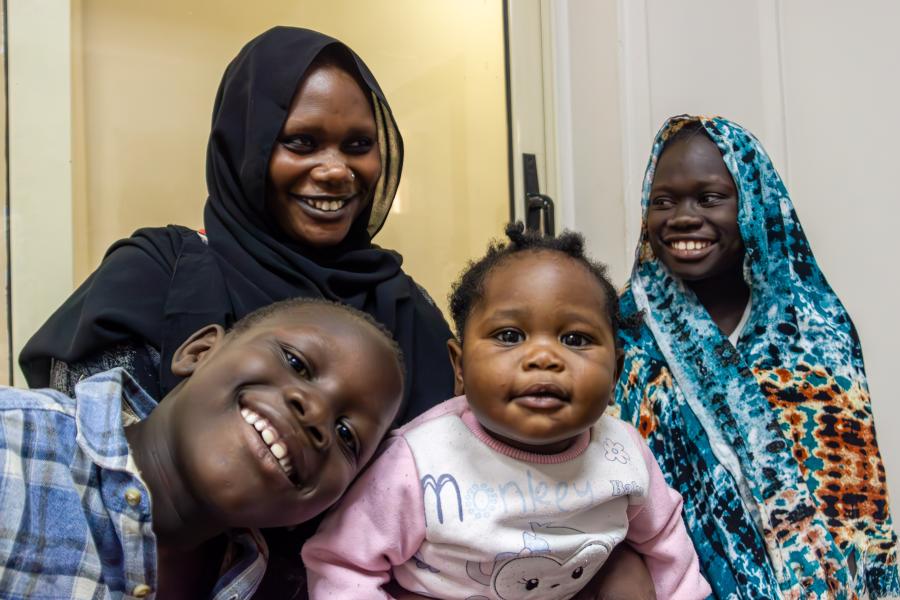2021 situation overview
Arrivals (refugees and migrants)
In 2021, Europe received 29% more arrivals via the Mediterranean and north-western African maritime routes than in 2020. Arrivals remained stable in Spain but decreased by 43% in Greece. In 2021, some 2,000 people were known to have lost their lives or gone missing in the Mediterranean Sea, 41% more than in 2020. In addition, it is estimated that a further 1,153 people lost their lives or went missing along the north-western African maritime routes although the actual numbers are likely higher.
123,000 arrivals (8% women, 16% children, 76% men):
- Greece: 9,200
- Spain: 43,000
- Italy: 67,000
- Malta: 800
- Cyprus: 2,900
In Cyprus, critical protection concerns in reception conditions were addressed through advocacy, daily interventions and the provision of core relief items (48 relief housing units, 20 tents, 500 camp beds and 11,000 blankets) to 6,000 beneficiaries, with particular focus on prevention and response to gender-based violence as well as unaccompanied and separated children’s needs, notably through a guide for the implementation of the best interest principle for children. UNHCR helped address the asylum backlog through support to national asylum systems.
In Greece, UNHCR supported COVID-19 prevention and response with screening, isolation and quarantine medical units near reception centres on the Aegean islands and Evros, and for new arrivals. UNHCR also transferred over 2,100 immunocompromised individuals from overcrowded island centres to safer accommodations and strengthened water and sanitation capacity in order to improve hygiene conditions. Essential UNHCR interventions on child protection, gender-based violence and protection of persons with specific needs were implemented, with over 2,000 best-interest assessments conducted on unaccompanied and separated children and over 370 adolescents enrolled in dedicated support programmes. In addition, some 650 gender-based violence survivors received both psychosocial and legal support. In the eastern Aegean islands, UNHCR promoted the creation of protection hubs, to facilitate access to protection services. Regular and thematic monitoring of reception conditions on the islands and the mainland, as well as targeted interventions such as the distribution of core relief items, addressed important gaps.
In Italy, UNHCR contributed to addressing obstacles to integration and limited access to reliable information, through support to a national system for identification and referral of people with specific needs and outreach activities in formal and informal settlements. Counselling and communication with communities were strengthened with the Numero Verde toll-free number and the JumaMap multilingual information portal that provided information on services and COVID-19. UNHCR promoted its integration initiatives, a one-stop shop for services and documentation and its “Welcome” job inclusion project with authorities; and began implementation of its community matching programme.
In Malta, UNHCR supported asylum authorities to ensure access to territory and asylum procedures, while monitoring reception conditions and alternatives to detention. Efforts were made to identify and respond to the specific needs of people of concern. UNHCR engaged with integration stakeholders, including in employment and education and ran workshops for women and men on gender-based violence, female genital mutilation, and sexual health. UNHCR also provided psychological and legal support on gender-based violence to 31 people of concern.
In Spain, in the Canary Islands, Ceuta and Melilla, efforts were enhanced to focus on the identification of protection needs among arrivals, including children and persons with special needs, and to support authorities in devising improved mechanisms to guarantee access to the asylum procedure. UNHCR advocated for fast and fair quality asylum procedures, support to the resettlement programme, and the establishment of a community sponsorship programme. UNHCR sought to enhance refugees’ participation through volunteer, empowerment and training programmes.
